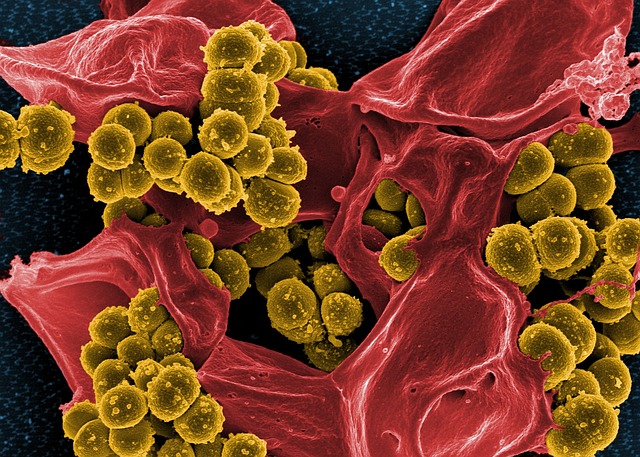
According to the Leukemia & Lymphoma Society (LLS), one person in the United States is diagnosed with a blood cancer every 3 minutes. One person dies approximately every 9 minutes due to this illness.
Blood cancers affect the blood, bone marrow, and lymphatic system. Most of these cancers originate in the bone marrow where new blood cells are produced. .
Our bone marrow produces three types of blood cells: red blood cells, white blood cells, and platelets. However, cancer in the blood occurs when an abnormal type of blood cell goes into an uncontrolled growth and disrupts the normal blood cell development.
The three main types of blood cancers are:
- Leukemia. This cancer is caused by the rapid production of immature white blood cells which clog up the bone marrow. These abnormal cells cannot fight against infection, and they even impair the production of red blood cells and platelets.
- Lymphoma. This cancer affects the lymphatic system, resulting to an over-production of lymphocytes. Lymphocytes are a type of white blood cell which helps fight infection and diseases. In case of abnormality, lymphocytes reproduces and collects in the lymph nodes, blood, spleen, and other tissues and survive far longer than they should. This compromises the body’s immune system.
- Myeloma. This cancer affects the plasma cells, the white blood cells which produce antibodies that fight infection and diseases. Myeloma cells hinder the normal production of antibodies, including the development and function of red and white blood cells. Kidney damage and bone destruction may result from this condition.
Now, there’s news that vitamin C can help fight blood cancer.
Luisa Cimmino and Benjamin Neel at the New York University School of Medicine and their colleagues have discovered that, by injecting vitamin C, cancer growth could be prevented.
According to the researchers, blood cancers like acute and chronic leukemia are caused by the mutation of a gene called tet methylcytosine dioxygenase 2 or TET2. This gene is responsible for ensuring the healthy growth of certain stem cells for the production of white blood cells. But, when TET2 mutation occurs, cell growth goes haywire and leads to cancer.
In their mice experiment, the animals were given variable TET2 function through genetic engineering. The researchers discovered that cancer is induced with 50 per cent reduction in TET2 activity, and it continues to develop when the said gene remained at a low level.
However, when TET2 was restored, the gene stopped the uncontrolled growth and killed the cancerous cells.
After such findings, what the team needed to find next was something to reactivate TET2. And they opted to use vitamin C, which has the potency to affect embryonic stem cells.
For 24 weeks, they injected a group of mice which had low TET2 with very high dose of vitamin C daily. This slowed the progression of blood cancer. But, in the case of another group of mice which did not receive vitamin C injections, they showed signs of developing leukemia.
Moreover, to test the efficacy of vitamin C, the researchers added it to a cancer drug to which they exposed human leukemia cells in a lab dish. It proved very effective.
With this discovery, the team is hoping that vitamin C would be used in cancer therapies. It would especially help older people with blood cancer whose immune system are too weak to undergo chemotherapy. But, this would have to be done intravenously. Just taking in large doses of vitamin C would not prevent cancer since the body excretes it through urine when it’s already above 500 milligrams.
Still, this is a “very important study that will definitely have a very lasting impact on the field,” notes Ulrich Steidl of the Albert Einstein College of Medicine, adding that it will likely “inspire a lot of scientists and translational investigators to think about similar strategies and to go after these pre-leukemic stem cells, which, in [Steidl’s] opinion will be critical if we’re ultimately aiming for a cure.”
For healthy people, or those who want to boost their immune system, experts recommend taking vitamin C supplements twice a day for better absorption.

Leave a Reply